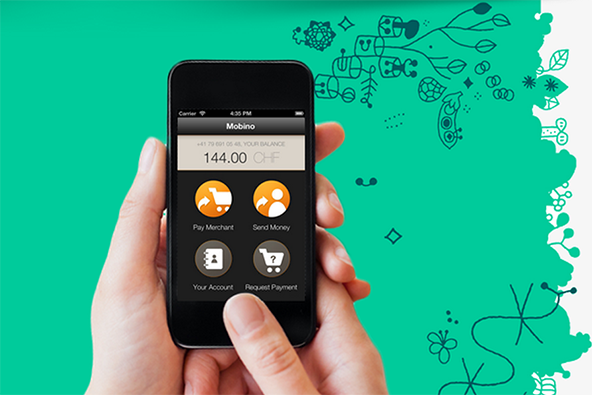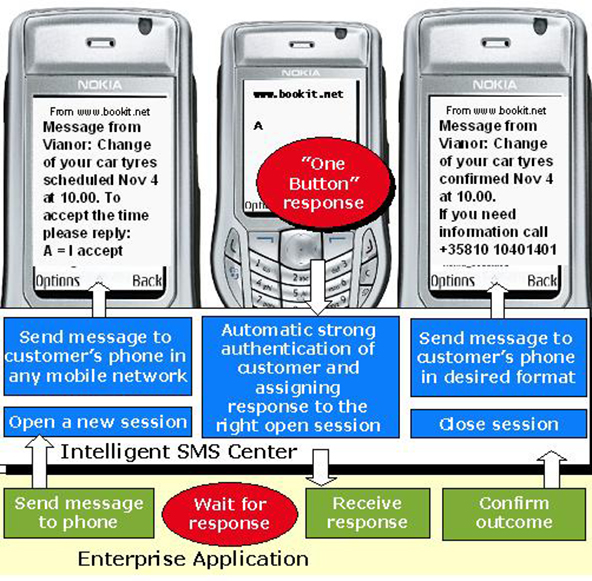Screening International E-Commerce Transactions

One of the biggest advantages e-commerce merchants have over their brick-and-mortar counterparts is the option to sell their products and services all over the world. Having the whole world as your potential market can be hugely tempting for obvious reasons. After all, you are in business to make sales and the more potential customers you have, the more sales you are likely to make. Moreover, if foreign consumers are willing to pay higher shipping costs to get your merchandise, why won’t you accommodate them? It seems like international sales are a no-brainer. Yet, there are significant issues associated with international orders that e-commerce merchants should carefully consider before deciding whether or not to serve customers living abroad.
International orders present a number of unique risk factors that U.S. e-commerce merchants do not have to deal with when serving domestic customers, including:
- Fraud. A significant number of fraudulent e-commerce transactions are shipped to fraudulent cardholders outside of the United States. You will be limited in your ability to verify your international customer’s identity and address, as well as the card’s validity. You will also be liable for any chargebacks if you accept the transaction, even if the card issuer approves it.
- Address Verification Service (AVS). AVS can only be used to confirm addresses in the United States, unless a card issuer supports International AVS and then AVS can validate addresses in the United Kingdom, but other non-U.S. addresses cannot be verified. Without the benefit of using AVS, e-commerce merchants will not be protected from certain types of chargebacks and will have no recourse against them.
- Laws and regulations. The legal environment at your customer’s country may further restrict your already limited remedial options against fraudulent transactions, even if you are able to prove that unauthorized transaction has taken place.
- Language barrier. Linguistic challenges are likely to further complicate the matter. Restricting your sales to the English-speaking world would be one solution.
Yet, despite all the risks associated with international transactions, the huge advantage of being able to reach out to consumers all over the world has proved irresistible to many businesses. If you choose to join in and test your international capabilities, consider screening high-risk international transactions to limit your risk exposure. The following suggestions will help you build your screening procedures:
- As a first step, identify the high-risk countries that are heavily involved in e-commerce fraud. There are many resources you can turn to for help with that, including your payment processor.
- Before going all in, test your international market and track your fraud experience for various international locations.
- Obtain the contact information of the card issuer from your processing bank and contact them to verify the cardholder information for first-time buyers.
- Require the billing address to be the same as the shipping address.
- Review the Internet Protocol (IP) address and identify the computer network source:
- There is a number of online resources to enable you to quickly determine the IP address country.
- Match the IP address country with the one provided by your customer. If there is a mismatch, you should investigate further.
Although you are unlikely to ever manage to completely eliminate international fraud, as you accumulate transaction data over time, you will be better able to manage risk and adjust your screening process.
Image credit: 72box.ru.



Nice blog.
Why don’t the credit card companies provide merchants with a phone number to verify name and address on int’l card? The only info we can get is for the issuing bank.
We recently had a rash of fraudulent orders being shipped to Indonesia. We found out after-the-fact that the issuing banks were all in Brazil. We thought we had things covered because we disabled Indonesia in our shopping cart. But the fraudsters entered their Indonesian address and just selected a different country (usually Iceland or Sweden). Somehow the orders were re-routed to Indonesia. No Int’l address check with USPS or Endicia :-(
Now we know to call for issuing bank and to scrutinize address before shipping. We are still getting fraud orders but we don’t ship them. Some fraudsters have nerve to email us looking for their orders.
Best,
Tom
Hi Tom,
Processing banks don’t have the ability to verify the name and address of another bank’s cardholder, which is why they send you to the issuing bank. Unfortunately, international orders are a big fraud concern and there is no easy fix.